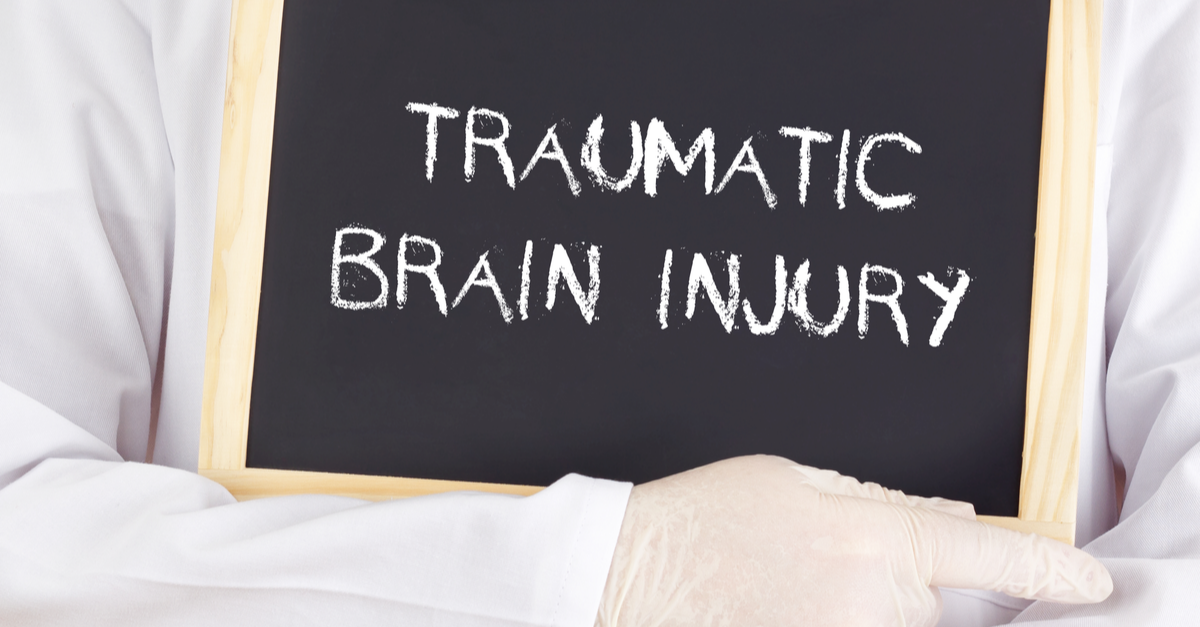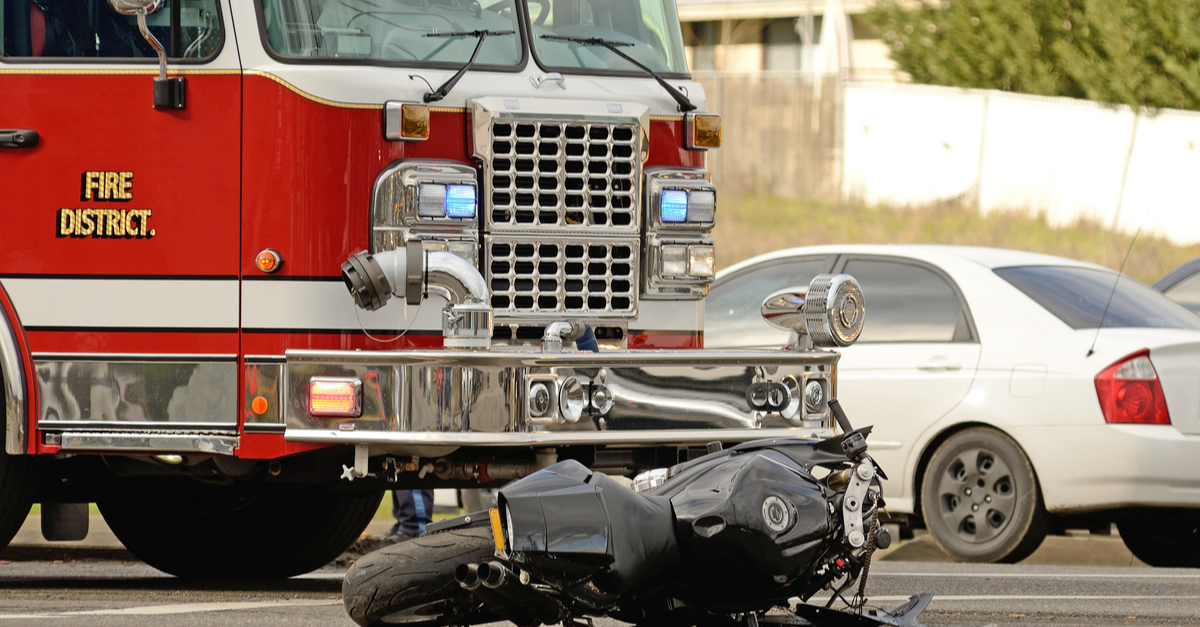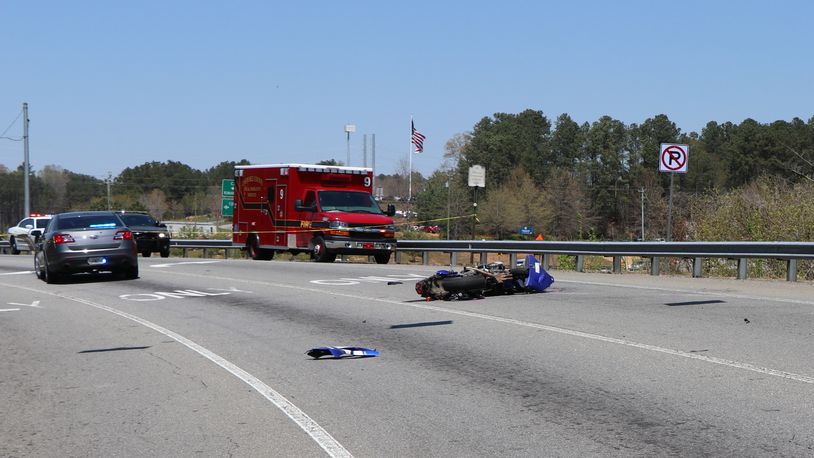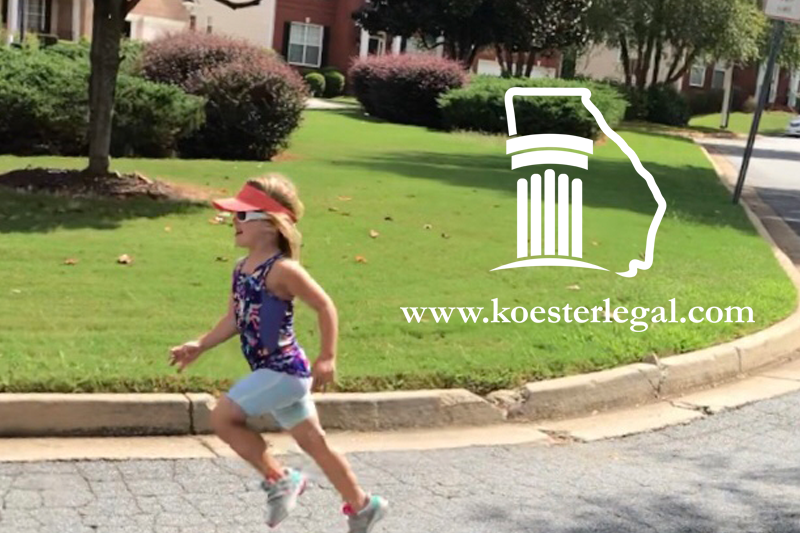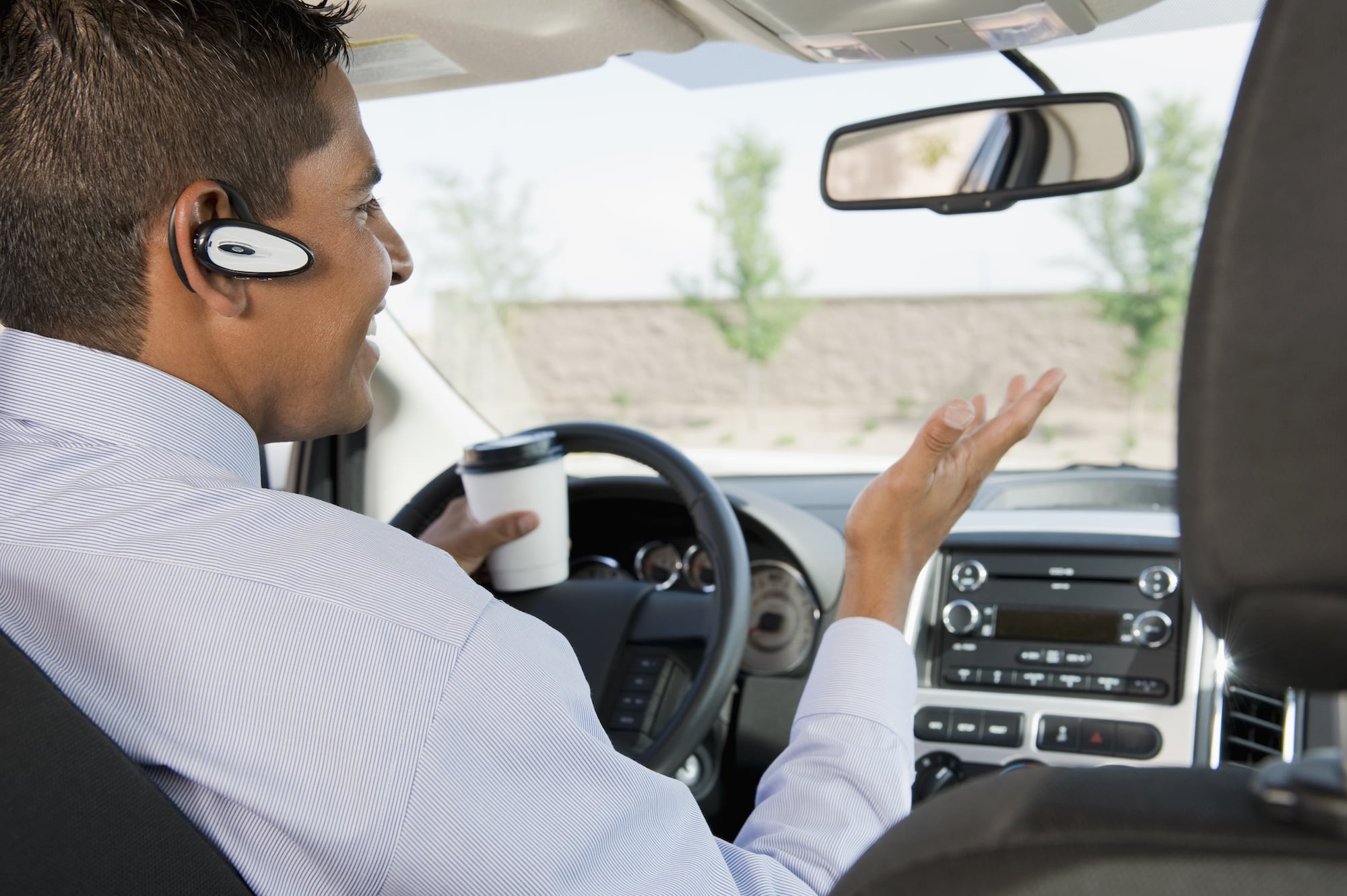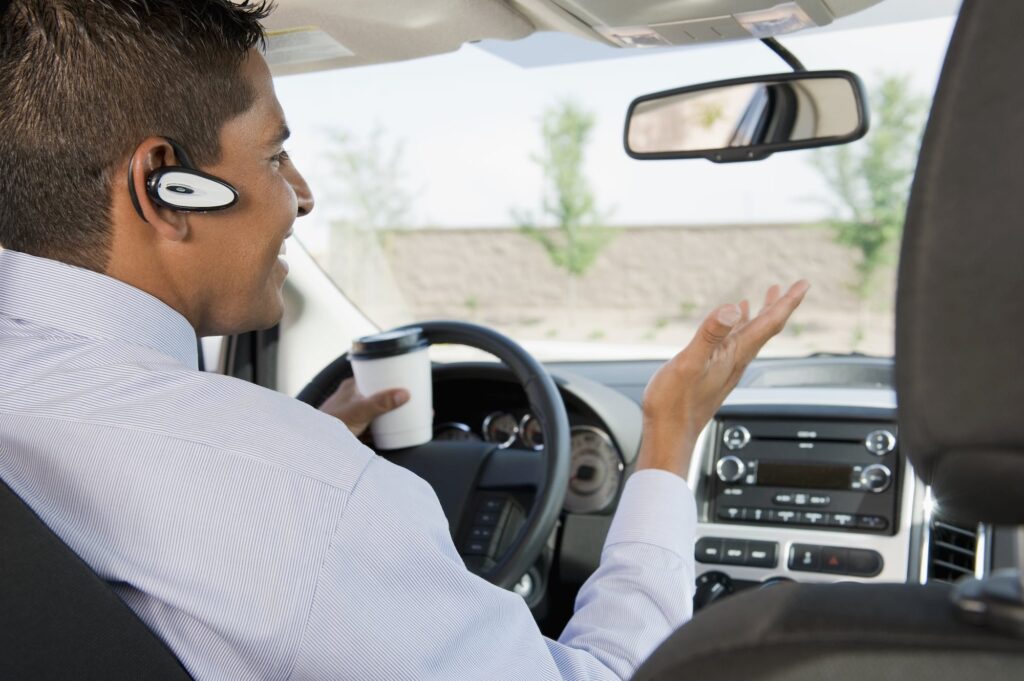[vc_row fullwidth=”true” css=”.vc_custom_1488988860505{background-image: url(https://www.koesterlegal.com/wp-content/uploads/2015/03/sex-crimes-lawyer-woodstock-ga.jpg?id=6471) !important;}”][vc_column][mk_padding_divider size=”70″][mk_fancy_title color=”#ffffff” size=”24″ font_weight=”bold” margin_bottom=”0″ font_family=”Libre+Baskerville” font_type=”google” align=”center”]
A Guide to Traumatic Brain Injury Symptoms
[/mk_fancy_title][mk_padding_divider size=”60″][/vc_column][/vc_row][mk_page_section][vc_column width=”2/3″][mk_padding_divider size=”60″][vc_column_text css=”.vc_custom_1644249073113{margin-bottom: 0px !important;}”]Traumatic brain injuries (TBI) occur all too frequently. These injuries are often described as an injury which occurs when the normal function of the brain is interrupted due to trauma which causes the brain to move around the inside of the skull. A common TBI which most people are familiar with is a concussion, typically the least severe of these types of injuries, and perhaps one of the easiest to recover from.
However, just because concussion recovery times are faster than other forms of TBI, does not make them less dangerous. Concussions are generally found among those who are active in contact sports, such as football, but can also be found in car accident victims, children who fall in the playground from a piece of equipment, and those who fall in their homes and strike their heads on a counter or the floor. One of the challenges associated with concussion is once someone has suffered concussion, they are more susceptible to suffering one in the future.
Symptoms of Mild Traumatic Brain Injuries
When someone suffers a mild traumatic brain injury, such as a concussion, one of the most common symptoms is fatigue. However, there are other symptoms which victims of mild TBI should be aware of including problems with vision, dizziness, nausea, issues with smelling, short term memory loss, depression, and irritability or other mood-related feelings.
These symptoms should never be ignored, especially if the victim has been involved in a serious car accident, suffered a sports-related injury, or took a fall. Ignoring these symptoms could lead to further complications.
Symptoms of Moderate to Severe Traumatic Brain Injuries
The more serious the injury, the more pronounced the symptoms. When a victim has suffered a more serious brain injury in a car accident or a truck accident, they can suffer a variety of symptoms, some of which include:
- Nausea and vomiting – unlike a mild TBI, those who are suffering from a moderate or severe injury may have difficulty holding anything down and can suffer from dehydration due to ongoing vomiting. Any victim who continues to have symptoms should be evaluated by a physician.
- Loss of consciousness — when a victim suffers a TBI they may lose consciousness for several minutes to several hours. Once the victim has regained consciousness, they may struggle to stay awake, or you may have trouble waking them from sleep. Should you determine a head trauma victim is not aware of their surroundings, having difficulty remaining awake, or you have trouble waking them from sleep, it is imperative you seek immediate medical advice.
- Personality changes — when the brain is disrupted in any manner, there are chemical reactions in the brain which can cause several problems for victims. One of those which may impact those around the victim include aggressive behavior, depression, confusion, and other behavior which may not be within their normal range of behavior. Should any of these symptoms manifest themselves, seek medical advice.
- Coordination and other motor skill issues — victims of TBI often suffer from dizziness, loss of coordination, and numbness or pins and needles in the fingers, toes, or other extremities. If these symptoms persist, the victim should see a doctor to determine if the victim suffered any additional neurological damage. In some cases, you may need to see a neurologist who has the skills necessary to diagnose specific damage.
Victims may also display signs of slurred speech, have unusual clear fluid discharge from their nose or ears, and may show other symptoms. Whenever someone has suffered a head injury, it is important to monitor their physical and mental health until they make a full recovery, which can take three months or more.
Common Causes of Traumatic Brain Injuries
Unfortunately, the Centers for Disease Control (CDC) no longer maintains a current set of statistics pertaining to brain injuries. Research maintained by the American Association of Neurological Surgeons provides a sobering reminder of the high cost and most common causes of TBI:
- Every year there are 1.7 million new cases of TBI
- An estimated 5.3 million people are living with a TBI-related disability in the US alone
- $48-56 billion annually is the estimated economic costs and losses associated with TBI
- The estimates for car accident related TBIs are 50-70 percent of all TBIs in the US
- Annually, it is estimated we lose 50,000 to TBI-related deaths
Victims and Families Have Rights
One of the challenges of a TBI is the costs associated with treatment. Whether you are a family member who needs to provide care to a victim, or you are a victim who is recovering from a TBI, you may find the financial strain is as challenging as the physical recovery. Because of the trauma, many victims cannot return to work for several months, and depending on the severity of the TBI, may never be returning to work. Therefore, many families turn to a personal injury attorney for assistance after a car accident involving a victim who suffered a TBI.
Financial Costs Associated with TBI
Victims may be out of work for extended periods of time. For those who suffer a serious traumatic brain injury, they may require full-time nursing care, special equipment, and physical therapy. Victims who suffer an altered personality may also require psychological counseling to understand how to deal with their emotional and trauma issues. These costs can quickly spiral out of control and cause the victim, and their families, to be placed under additional stress.
Your primary focus, whether as a family member or a victim of a car accident involving a TBI, should be physical recovery. Unfortunately, most people can’t afford to withdraw from the workplace and family responsibilities for months at a time. That is why you should consider contacting an attorney who has experience handling these types of cases. An experienced traumatic brain injury lawyer can help develop a plan for recovery, and pursue the compensation you deserve while you and your loved ones can focus on the most important thing: getting better, and getting back to a normal life.[/vc_column_text][/vc_column][vc_column width=”1/3″ css=”.vc_custom_1488984969615{background-color: #29639e !important;}”][mk_padding_divider size=”60″][mk_fancy_title color=”#ffffff” size=”24″ font_weight=”bold” font_family=”Roboto” font_type=”google” align=”center”]
GET LEGAL HELP NOW
[/mk_fancy_title][vc_column_text align=”center”]
FOR A FREE CONSULTATION CALL
770-744-5250
OR FILL OUT THE FORM BELOW.
[/vc_column_text][mk_contact_form style=”modern” skin=”light” button_text=”Free Case Evaluation” email=”[email protected]” phone=”true”][/vc_column][/mk_page_section]

